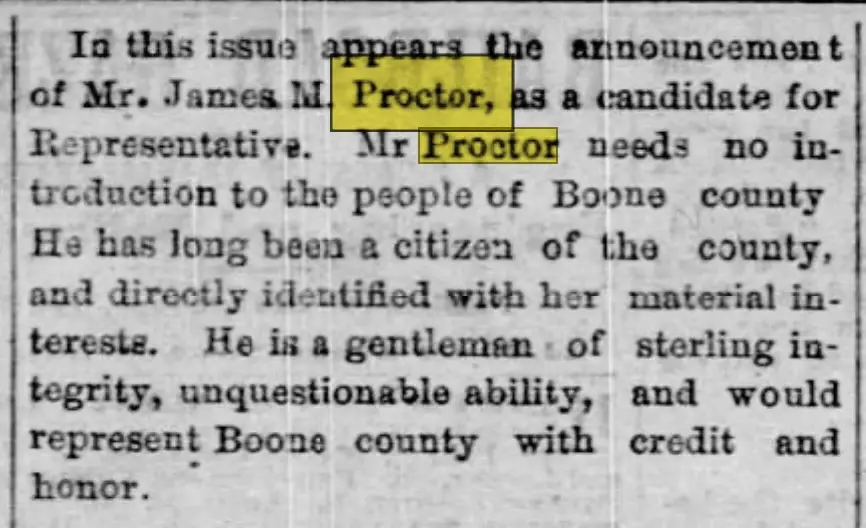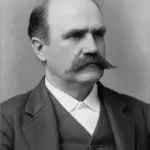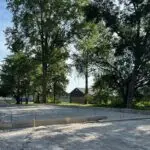The relentless rain may have put construction projects on hold, but it’s opened a window into the history of our home and the family who built it. As I sift through the past, the story of Mr. Proctor comes to life.
From what I’ve gathered so far, Mr. Proctor was a widely respected and well-liked figure across much of central Missouri. Hundreds—perhaps even thousands—of newspaper articles mention him, sometimes simply for passing through town.
Mr. Proctor was a successful businessman. He built and operated a dry goods store, ran a large brick kiln, grew and shipped fruit to St. Louis, managed a railroad tie business, and held patents as an inventor (including US-0572446-A). He was also a significant landowner. He seemed to thrive on opportunity; I’m sure I’m still missing a few of his ventures.
The Columbia Herald-Statesman, dated January 26, 1883, referred to the “Hon. J.M. Proctor” as one of the most influential members of the house—an impressive feat for someone who had only recently been elected. He resigned as Senator from the 9th district in January 1888, likely due to a conflict of interest involving his contracts with the railroad and pending legislation. So far, I’ve found no evidence of scandal surrounding his resignation. Based on what I’ve read, it appears he recognized the issue and stepped down. His character and reputation were clearly important to him, and with several thriving businesses to occupy his time, he may not have needed much convincing. However, by the early 1890s, many were urging him to return to politics, but Mr. Proctor remained firm: he was retired from public life.
He (21) and Ella (17) were married in January of 1863, and had six children. That must have made for one noisy house! Senator Proctor passed away in August of 1912, only ten months after the passing of his wife, Ella, in October of 1911.




